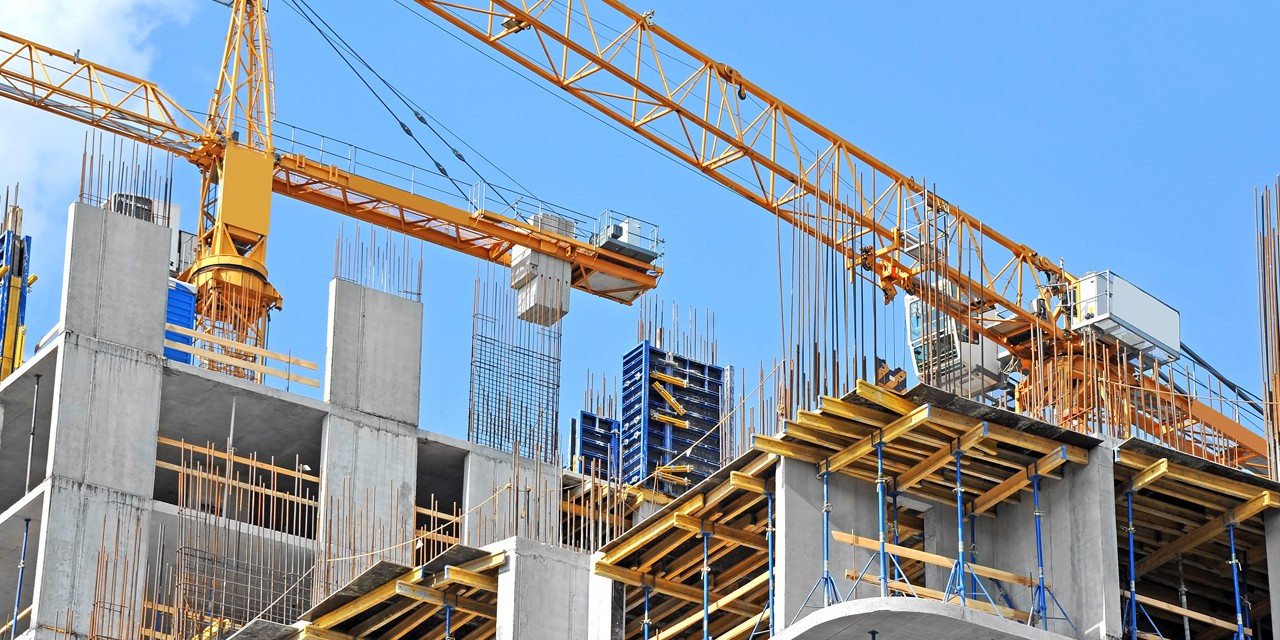Infrastructure construction projects are complex and challenging undertakings that require extensive planning, coordination, and execution. These projects involve the development of critical infrastructure assets such as highways, airports, railways, water treatment plants, and other public facilities. While such projects offer tremendous benefits to society, they also come with a wide range of challenges that can cause significant delays, cost overruns, and even project failures.
In this article, we will explore some of the most common challenges in infrastructure construction projects and provide solutions to help mitigate their impact on project success.
- Planning and Design Challenges
One of the most significant challenges in infrastructure construction projects is the planning and design phase. This phase involves determining project objectives, developing project scope, and defining project requirements. The lack of clear project objectives and scope can lead to confusion and ambiguity in the project’s execution, resulting in delays and cost overruns.
To overcome these challenges, it is essential to have a well-defined project scope that outlines the project’s objectives, requirements, and deliverables. The project scope should be reviewed and approved by all stakeholders, including project owners, contractors, and design teams, to ensure that everyone has a clear understanding of what is expected.
2. Budget and Cost Challenges
Infrastructure construction projects are typically large and expensive, requiring significant investment and funding. Budget and cost challenges can arise due to a lack of accurate cost estimation, changes in project scope, and unexpected delays or disruptions.
To address these challenges, it is essential to have a robust cost management system in place that includes accurate cost estimation, regular cost tracking, and proactive cost control measures. This system should be integrated with project planning and execution to ensure that costs are managed effectively throughout the project lifecycle.
3. Project Schedule Challenges
Infrastructure construction projects typically involve multiple stakeholders, including project owners, contractors, subcontractors, and vendors. These stakeholders may have different priorities, schedules, and timelines, making it challenging to coordinate and align project schedules.
To overcome these challenges, it is essential to have a comprehensive project schedule that identifies all project activities, timelines, and dependencies. This schedule should be regularly reviewed and updated to reflect changes in project scope, priorities, and timelines.
4. Risk and Safety Challenges
Infrastructure construction projects are inherently risky and can pose significant safety hazards to workers and the public. These risks can arise due to the complexity and scale of the project, adverse weather conditions, or unforeseen events such as accidents or natural disasters.
To address these challenges, it is essential to have a comprehensive risk management plan that identifies potential risks, assesses their likelihood and impact, and outlines mitigation strategies. Safety protocols should be implemented and enforced throughout the project lifecycle to ensure the safety of workers and the public.
5. Communication and Collaboration Challenges
Infrastructure construction projects involve multiple stakeholders, including project owners, contractors, subcontractors, vendors, and regulatory authorities. Effective communication and collaboration are critical to ensuring project success, but these can be challenging to achieve due to the different priorities, agendas, and communication styles of each stakeholder.
To overcome these challenges, it is essential to have a clear communication and collaboration plan that outlines the communication channels, protocols, and responsibilities of each stakeholder. Regular meetings and updates should be scheduled to ensure that all stakeholders are informed and aligned with project goals and objectives.
6. Conclusion
Infrastructure construction projects are complex and challenging undertakings that require extensive planning, coordination, and execution. However, by addressing common challenges such as planning and design, budget and cost, project schedule, risk and safety, and communication and collaboration, project owners, contractors, and stakeholders can ensure project success.
Effective project management, robust risk management, and regular communication and collaboration are essential to overcoming these challenges and delivering successful infrastructure construction projects.
